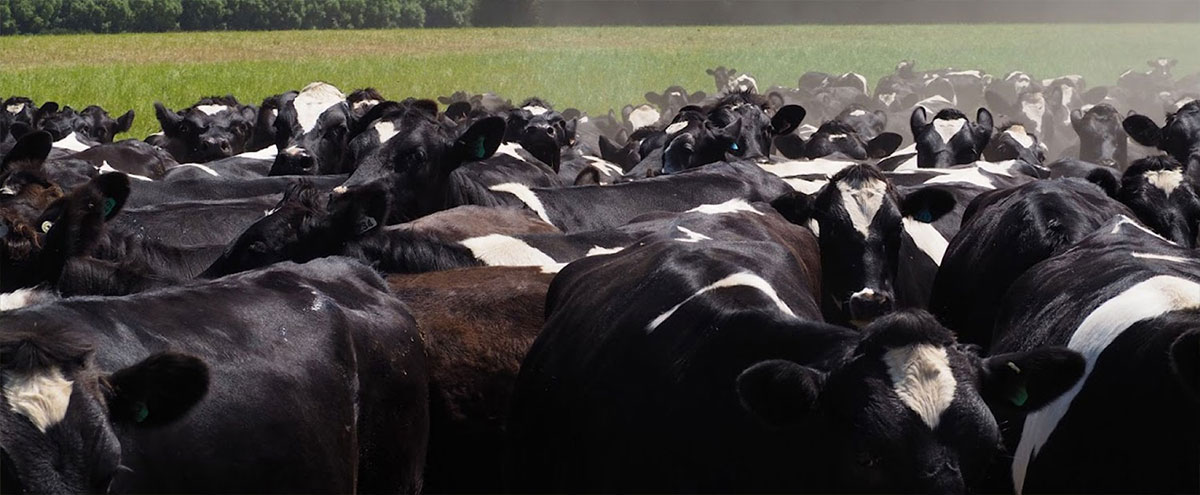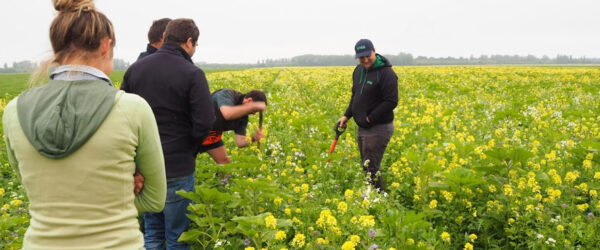Regenerative farming is an agricultural practice that aims to restore and enhance the health of ecosystems and the environment. It focuses on improving soil health, increasing biodiversity, and creating resilient and sustainable farming systems. Key principles and practices of regenerative farming include:
- Soil Health Improvement:
Enhancing soil fertility and structure through practices like cover cropping, crop rotation, reduced tillage, and composting. Healthy soil increases organic matter, improves water retention, and supports diverse microbial life. - Biodiversity Enhancement:
Promoting a variety of plants, animals, and microorganisms within the farming ecosystem. This can include intercropping, agroforestry, and maintaining natural habitats around farmland. - Carbon Sequestration:
Practices that capture and store carbon dioxide from the atmosphere into the soil and plants. This helps mitigate climate change by reducing greenhouse gas levels. - Water Management:
Implementing techniques to improve water infiltration, reduce runoff, and maintain water quality. This includes practices like contour farming, swales, and the use of perennial plants. - Holistic Livestock Management:
Integrating livestock in ways that mimic natural grazing patterns, which can improve soil health and plant growth. Techniques like rotational grazing and mob grazing are common. - Chemical Reduction:
Minimizing or eliminating the use of synthetic fertilizers, pesticides, and herbicides to reduce pollution and enhance soil and plant health.








